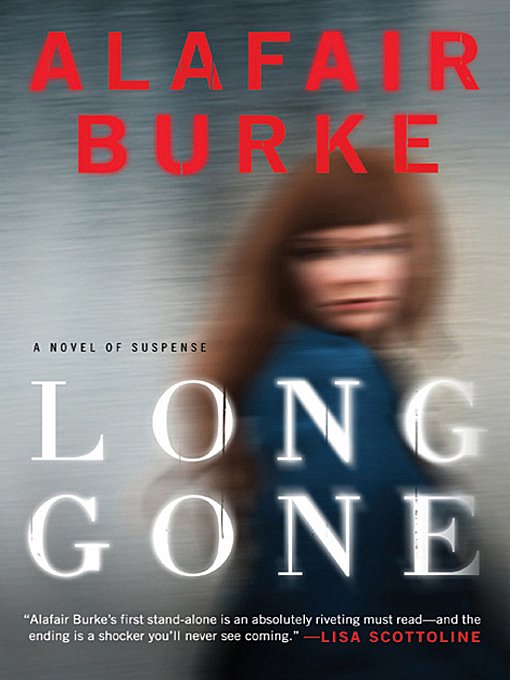Word of the day : tome : a volume forming part of a larger work; a large or scholarly book
Does Sarah Jessica Parker ever underplay anything? Watching I Don't Know How She Does It, director Douglas McGrath's film version of Allison Pearson's 2001 chick-lit bestseller, it would be impossible for anyone in the audience to want more of Parker. Everything she does is big and broad and loose and fast and spasmodic; she wears out her welcome fairly soon, and her character seems idiotic as opposed to the film's comprehension of her, which is that she is overworked, a frazzled juggler. It's an entertaining, easy enough enough movie to watch, with some good one-liners. The problem isn't so much Parker - whose every mannerism and actorly choice cries out "Carrie Bradshaw" - as the whole Hollywood anachronistic conception that working women are in over their heads; that women who leave the house for the workplace are misguided, destined to fail, that husbands can't raise their properly. The supporting cast helps: Christina Hendricks, as Parker's friend, and Olivia Munn, as the assistant, are delightful, unfortunately saddled to second banana statuses; Greg Kinnear is likable to the bone as Parker's saddled husband; Pierce Brosnan does nice work as the New York businessman who falls for Parker; Busy Phillips is amusing as an ultra-aerobicized stay-at-home mom. Only Kelsey Grammer is wasted as Parker's boss.
Alafair Burke's Long Gone is a winning mystery with enough believable twists in its final act to keep readers on their toes. Alice Humphrey is a former child actress who is embroiled in a imbroglio of suspicion after a mysterious, handsome art-world big shot picks her out to manage a gallery, and the same man ends up dead on the empty gallery floor days after the grand opening. Burke paces the story nicely, but the pleasure in the experience lies just as much with Burke's sly observations as it does the tortuous, addictive plot; I got a kick out of the small nuances and timely social commentary. There's sexting, Facebook, Ponzi schemes, controversies that recall the Roman Polanski rape case and Robert Mapplethorpe's culture-war battle in Cincinnati, a publicity-seeking preacher; for me, it was the little things, like Burke acknowledging that too many people today have no idea what they mean when they say "literally;" this isn't an author phoning it in. There's a lot going on here in terms of the plot but it never felt like too much, to this reader.
Burke is the daughter of acclaimed novelist James Lee Burke, whose The Tin Roof Blowdown was one of my favorite books of 2007, a great novel. James has written 31 novels and two short story collections.
Definition of a Ponzi Scheme, according to the SEC (U.S. Securities and Exchange Commission:
A Ponzi scheme is an investment fraud that involves the payment of purported returns to existing investors from funds contributed by new investors. Ponzi scheme organizers often solicit new investors by promising to invest funds in opportunities claimed to generate high returns with little or no risk. In many Ponzi schemes, the fraudsters focus on attracting new money to make promised payments to earlier-stage investors and to use for personal expenses, instead of engaging in any legitimate investment activity.
Today's work of art - just a brief landscape painting by one of the members of the Group of Seven, a collection of Canadian painters committed to portray the character of the Canadian landscape, particularly around Ontario, in the 1920s. Though inspired by post-Impressionism, the artists broke free of European tradition and tried to create nationalistic sentiments. Today, they are still renowned as some of Canada's most important painters. The piece below, Clouds, Lake Superior (1923) is by Lawren Harris.



No comments:
Post a Comment